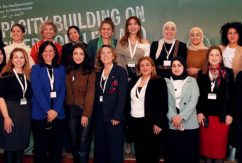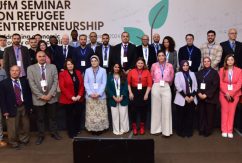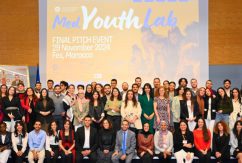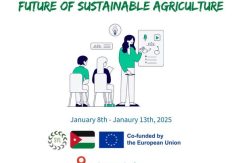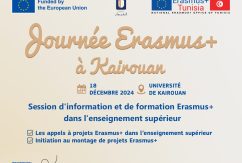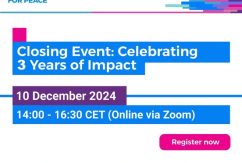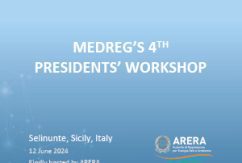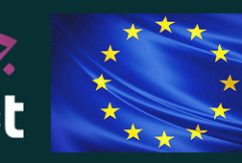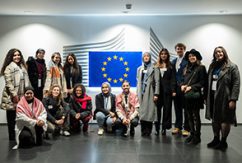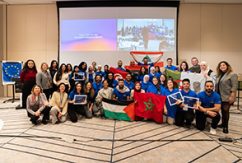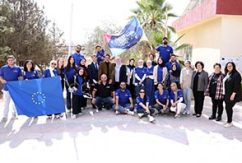SAFEMED V, EuroMed maritime safety project
Overview
The project aims to build capacity of the beneficiaries in the field of maritime safety, maritime security and marine pollution prevention, preparedness and response and support them to discharge the responsibilities deriving from the ratification of the international maritime conventions.
The annual project’s action plans takes into consideration the identified needs of the beneficiary countries, the policy priorities of the European Commission, such as the establishment of a climate-neutral continent through the European Green Deal, the creation of a Europe fit for the digital age, and the building of social fairness and prosperity, as well as the EU’s Agenda for the Mediterranean and in particular the maritime components of the Regional Transport Action Plan adopted by the Union for the Mediterranean (UfM).
Objectives
Overall objectives of the project are to:
- improve maritime safety;
- improve security of ships and ports;
- reduce pollution by ships;
- improve pollution response services;
- improve the quality of maritime training and qualification of seafarers;
- improve living and working conditions on board ships;
- improve regional cooperation among beneficiary countries and between all entities dealing with maritime matters in the Mediterranean basin
Actions in brief
The activities of SAFEMED V can be divided into the following groups:
• Technical Activities which encompass the implementation of technical actions at bilateral and regional level as well as meetings and workshops aiming to incentivise the regional cooperation. Among others, technical actions are the support to ratify, transpose and implement international maritime conventions, drafting of implementation procedures, conducting studies and preparatory IMSAS audits.
• Learning Services outside formal education offered by the EMSA Academy, as well as other ad-hoc training activities that will enhance knowledge, competencies, and skills of the staff from the beneficiaries for specific job profiles (e.g., Flag State Inspectors, Port State Control Officers, accident investigators, SAR etc.). Training sessions outside the scope of the EMSA Academy are organized too when identified as a need for the beneficiaries.
•Tools and Services that encompass all those that EMSA either provides to the beneficiary countries (e.g., CleanSeaNet – CSN) or develops for them (e.g., THETIS-Med).
